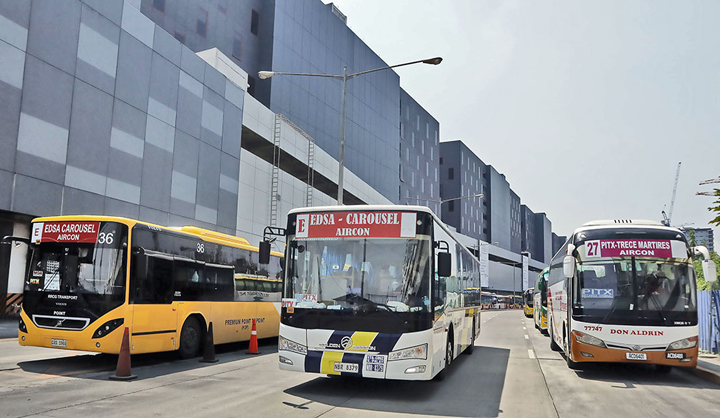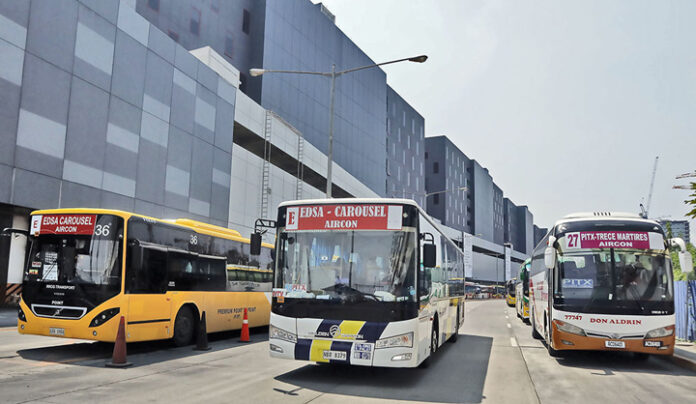
THE Provincial Buses Association of the Philippines (PBOAP) is now requesting the transport authorities to finally allow them to operate to further spark economic activities as well as narrow down the widening unemployment.
The appeal of provincial buses comes in the heels of the recommendation of Socio-economic Planning Secretary Karl Kendrick Chua for the inter-agency Task Force on COVID-19 (IATF) to further open up the economy by placing the country under the most relaxed modified general community quarantine (MGCQ).
In his proposal, the National Economic Development Authority (NEDA) director general the entire country should be placed under MGCQ with the transportation sector operating at 75 percent capacity to ferry the working class to their work place.
Bringing back to life provincial buses has huge significant impact on the auxillary sectors of the economy. It means reducing the unemployment ratio, which reportedly ballooned to 133,000, increase in consumption that will perk up the services sector, and uptick in consumer spending.
Most provincial buses have not been allowed to operate since the lock down was declared nearly a year ago. Despite this, some members of the association have to pay-up their loan amortization. Operators and bus owners have already requested the Bankers Association of the Philippines (BAP) for a moratorium on all principal and interest payments due this year and 2022 on outstanding loans.
While, BAP President Cesar Consing comprehends the dire situation bus owners and operators are in at the moment, but a moratorium cannot be given on a carte blanche basis. Consing responded that he fully “understand the severe negative impact on the country’s transportation industry as a result of the limitations presented by the various Covid-induced lockdowns.”
He added: “However, a payment moratorium, which is a “one size fits all approach”, will hurt more than it will help.”
He explained that with a moratorium “banks will be unable to treat illiquid borrowers differently from insolvent borrowers. If banks cannot differentiate between both classes of borrowers, they will refrain from making new loans to the industry.”
Additionally, Consing pointed out that liquidity will help illiquid borrowers, but will not help insolvent borrowers.
Given this, the bus owners and operators are now appealing to the IATF to finally allow them to operate in their original routes.

